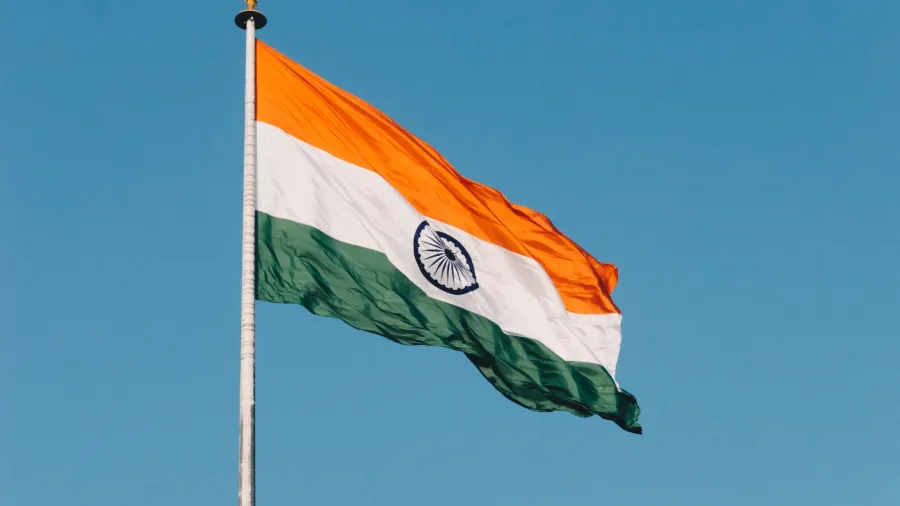
India floats regulations for non-bank POS payment aggregators
They are required to apply authorisation from the RBI by May 2025.
India’s central bank has proposed new regulations on physical point-of-sales (POS) payment aggregators that allow it to directly regulate and authorize PAs facilitating online or e-commerce payments.
The regulations also set a minimum net worth for non-bank entities that provide physical POS (PA-P).
PA-Ps will be required to apply to the Reserve Bank of India (RBI) for authorisation by 31 May 2025. They will be allowed to continue operations until the RBI comes to a decision about their application.
ALSO READ: Empathy deficit erodes customers’ trust in banks
They are also required to have a minimum net worth of ₹15 crore at the time they submit their application to the RBI, and a minimum net worth of ₹25 crore by 31 March 2028.
Non-bank entities who offer online POS (PA-O) are required to seek the approval of the Department of Payment and Settlement Systems (DPSS), the RBI, and the central office within 60 calendar days from the date of the circular published by the RBI announcing the regulations.
All existing non-bank PA-P which are not able to comply with the net worth requirement, or do not apply for authorisation within the stipulated time frame, would have to stop operations by 31 July 2025.
Banks are tasked with closing accounts used for PA activity of non-bank PAP by 31 October 2025 unless the PAs apply for authorisation from the RBI.
ALSO READ: Banks grapple through era of disruption by being the disruptor
The RBI is welcoming comments and feedback for its proposed regulations until 31 May 2024.






![Lorem Ipsum [ABF 1]](https://cmg-qa.s3.ap-southeast-1.amazonaws.com/s3fs-public/styles/exclusive_featured_article/public/2025-03/a_hand_pointing_to_a_futuristic_technology_5b87c9d0e3_1.png.webp?itok=2w0y1WhS)


![Cross Domain [Manu + SBR + ABF + ABR + FMCG + HBR + ]](https://cmg-qa.s3.ap-southeast-1.amazonaws.com/s3fs-public/styles/exclusive_featured_article/public/2025-01/earth-3537401_1920_4.jpg.webp?itok=WaRpTJwE)








 Advertise
Advertise

